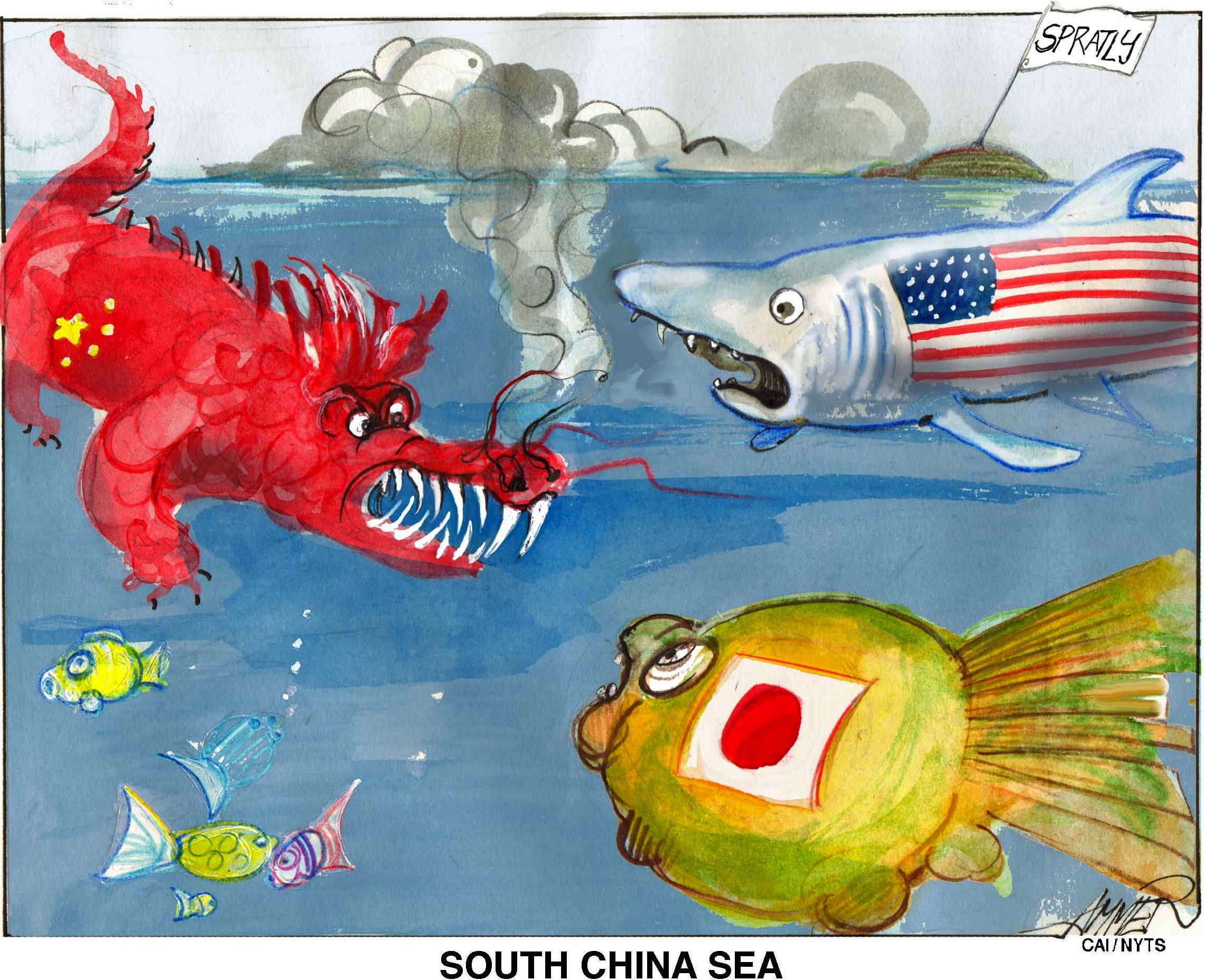Every week seems to bring new cause for concern about China's rising military power and assertiveness. Some scholars and pundits worry that the Chinese government is aiming to block U.S. forces from operating in East Asia altogether — and even plans to replace the United States as the world's leading superpower.
While China's buildup indeed creates security challenges for the U.S. and its Asian allies, the consequences are more subtle and complicated than some alarms would suggest. Despite its quickly increasing defense budgets in the last 20 years, China still lacks the ability to project combat power in a sustained way far from its shores, and the U.S. maintains full-spectrum military superiority, even in East Asia. Chinese forces lag far behind their U.S. counterparts in quality of equipment, experience and training.
Unfortunately for the U.S., the good news ends there. China doesn't need to be a peer competitor to pose serious problems in East Asia, a region of great importance to America and the rest of the world. I'll explain why in a second article tomorrow.



















With your current subscription plan you can comment on stories. However, before writing your first comment, please create a display name in the Profile section of your subscriber account page.